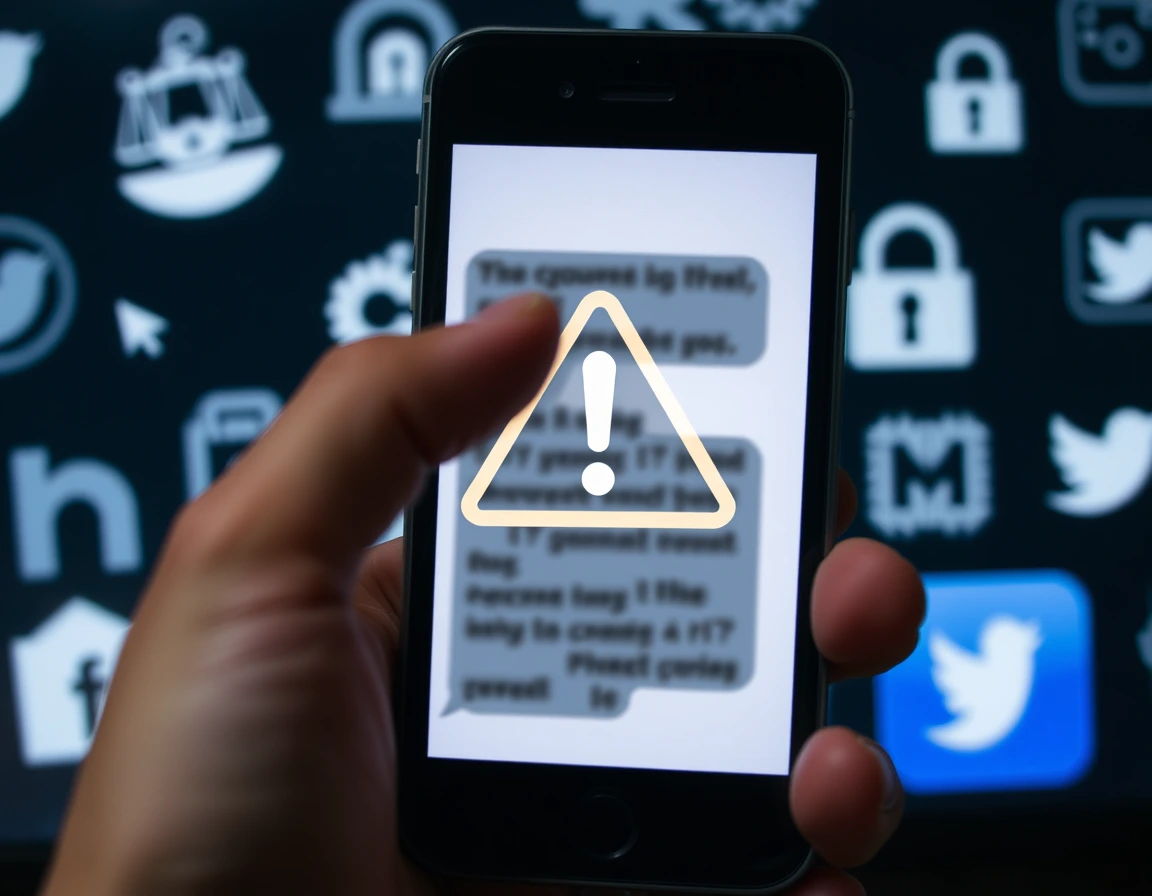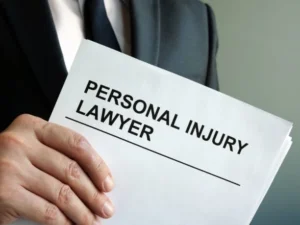Are Screenshots of Texts Legal to Share?
Generally, capturing a screenshot of a text message is not necessarily against the law. When you are a party in the conversation, you normally have the freedom to record the same communication such as through taking screenshots. People are generally allowed to record their own conversations because laws do not forbid it, especially when they are used as a personal record-keeping, defense mechanism, or to document harassment.
But posting such screenshots on the Internet or to other people, and, particularly, without the other party’s consent, may be legally questionable. Even in jurisdictions where disclosure without consent is not a problem, it may be worrisome in terms of defamation, infringing of privacy, even in terms of harassment when referred to exposure of what may be a personal matter or adverse material. Never under any circumstance post sensitive screenshots publicly making them available on a social media platform.
Can You Get in Trouble for Screenshotting Conversations?
The possibility of getting in trouble with screenshotting messages depends on its application. There is little issue with just saving the screenshots as backup. However, when you share those screenshots, especially, when they contain sensitive, offensive, or confidential information, you may be under potential legal or civil liabilities.
Traditional issues may occur when the screenshots are posted with an aim at harming people, breaking a confidentiality deal, or infringing laws regarding privacy. Such type of information as leaking a personal conversation of two employees at work or sharing personal medical or financial information of another person, may cause legal prosecution. This is particularly pertinent when one is talking about communication in the job place or when sensitive issues of interpersonal relationships are being addressed.
When Do Screenshots Violate Privacy Laws?
The act of taking screen shots is not one that is against the law per se; however, there exist privacy laws that are applied to such screen shots once they are accessed or disseminated in a particular manner. When a user takes pictures of the messages of a secret app or chat and shares them without the approval of the other people, this can be a violation of privacy depending on the laws of the states or countries that impose more rigidity with regard to privacy. But, this is where taking screen shots can be legally dubious:
- Disclosure of personal information such as social security or bank account numbers or medical files.
- Forwarding of messages which are aimed at confidentiality like messages that are under the Non Disclosure Agreements (NDAs).
- Harassment or blackmailing through use of screen shots.
- Hacking texts on the phone of another person without his/her consent.
Even access to talks (including texts) can be a problem in some states, even when they are not on speaker phone; in particular those in which there is a two-party consent rule. Just in case, always do some research of the particular laws of the state or country you are in.
Are Screenshots Admissible in Court?
Certainly, screenshots of messages and texts are frequently presented in the court of law, most commonly, in civil, family, and small claim trials. Text conversations are regularly admitted in court as evidence as long as they could be proven to be authentic. It implies authentication of real and unmodified messages, and it implies that the messages are sent or received by the concerned parties.
Courts might demand that you show how these messages were sent as well as the line of communication as a way of preventing misinterpretation. Scenarios where both parties will want to prove their validity may occur because one party may want to argue faking, or tampering with the screenshots; thus, retention of original data, such as phone backups or metadata, can be used to support your argument.
To improve the acceptability of screenshots in the court parties are recommended to caption the messages with timestamps, names or telephone numbers of the people in the contacts and where feasible, parties should download the entire thread of conversation and present them in the court rather than submitting individual messages. There have been successful cases of screenshots in harassment claims, defamation claims, breach of contract claims and even domestic violence claims.
What You Should Know Before Sharing Screenshots Online
It is necessary to think of the legal and ethical consequences of sharing screen shots of messages on social media, groups chats, and forums prior to their sharing. And though it may appear innocent to start posting your personal discussions, especially when the exchange is funny or when you decide to issue a call-out, it exposes you to legal suits or even online bullying. Important facts to bear in mind:
- Do not post messages of underage or vulnerable people without their consent.
- Avoid forwarding any other texts, which deal with work-related or professional messages as they may contravene organizational rules or something like an NDA.
- The distribution of a misleading or misrepresentative screenshot of the real conversation is also subject to slander or libel lawsuits.
When you are uncertain that it is permissible to publish the photos or videos, do not do it, at least, when the text message is not yours or it contains personal information.
Meme Culture and Legal Boundaries of Screenshots
Screenshot memes have gone viral in the culture of the internet world today. Humorous or weird discussions always make people create memes and share them on the Internet to become viral. Although this trend is apparently harmless, it falls in a gray legal zone, particularly when real people and personal messages are captured by the screenshots.
It is easy to be confused between entertainment and defamation. Although you might consider this a joke, at the end of the day, the mere act of posting screen shots of actual conversations without consent is worthy of lawsuits, and even more so when there are identifying information present. This is especially relevant where screenshots include the negative description of a person, his or her reputation, or compromise his or her intimacy. The best way to remain safe when using screenshot memes:
- Never post messages anonymously.
- Do not publish any of your works as this will be construed to be harassment or bullying.
- The ones you are uncertain about, get approval or make fictionalized ones out of it to make humor.
Conclusion
Although the process of capturing the screenshots of texts or messages is not always illegal, the way in which you use or share it does play a significant part. Despite whether you are doing it to store them legally, or to make a meme, or give to your friends, you should understand legal limitations. Their improper use may turn into breach of privacy, court cases, or even criminal offenses in worst-case scenarios. It is better to be safe than sorry, when in doubt, i.e. ask permission (or consult a lawyer) especially in delicate situations or work-related scenarios.





